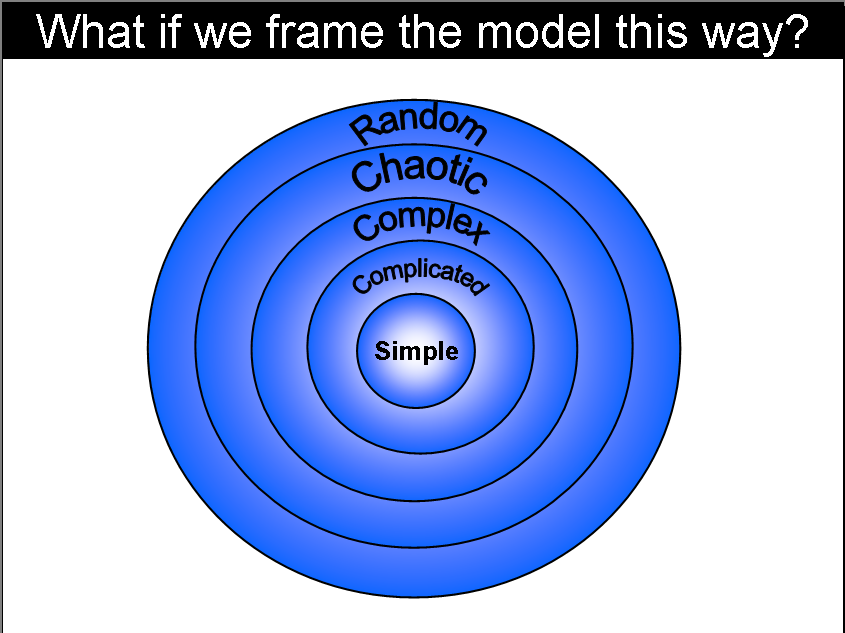Ison, R. (2008). Systems Thinking and Practice for Action Research. In P. Reason & H. Bradbury (Eds.), The SAGE Handbook of Action Research: Participative Inquiry and Practice (Second ed.). London: Sage Publications., Ltd.
My masters work is in systems management, and Ison’s work struck a chord with me as well. His mind map of the systems thinking domains is basically a road map of my practical intellectual travels since 1991. I have been reading and practicing in many of those domains he outlines, and the relationships and groupings he maps look like the wiring diagram inside my own skull.
As a systems thinker, my value add to the Army for the last 15 years has been as a problem-finding and problem-solving integrator, bringing together different domains on various projects related to Army change management. I have had training and applied it in the mapped areas of human performance engineering, operations research, soft and hard systems, total quality, statistical process control, lean 6 sigma and systems dynamics.
My current research area is educating leaders for uncertainty and complexity, but it’s actually a little more than that. I am attaching a short slide presentation on a model that stretches along the continuum of Simplicity<->Complicated<->Complexity<->Chaos<->Randomness. Each state seems to have distinct conditions, requirements, values, success strategies, and process. The world seems to shift dynamically, but not quite randomly between these states, and the boundary conditions appear to be fuzzy and the states are not mutually exclusive. Each state has a different set of cognitive, emotional, and conciousness related skills, which means our leaders need to be able to sense, adapt and respond mindfully. Rendering these notions into deliverable curriculum is my research area.
Ison’s work is directly related to my inquiry, and I have come across other works of his before and found him to be an excellent resource. He has a terrific blog and website and I will be sending him a note to see if I can get his take on where Complex Adaptive Systems, emergence, chaos might be arrayed on his mindmap. Weick’s ideas on High Reliability Organizations, and the work of Kahneman, Tversky and Gigerenzer on bounded rationality and cognitive heuristics and biases needs to be integrated as well.
I seem to be heading towards blending the content that includes Checkland’s soft systems methodologies (as a synthesis of best practices of dynamic human systems), systems dynamics for leaders, and Schon’s methods of educating reflective practitioners as the basis of developing education strategies for the 21st century. Action research to get stakeholder participation in content selection and educational environment construction seems to be a natural fit.




